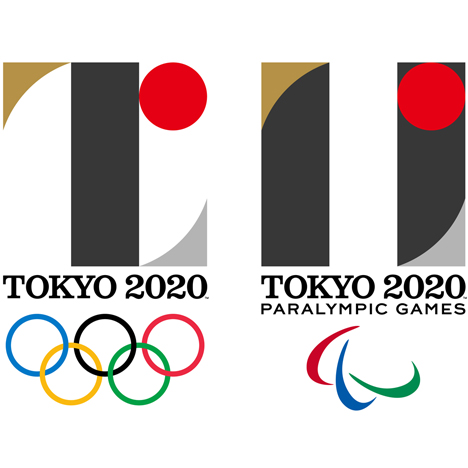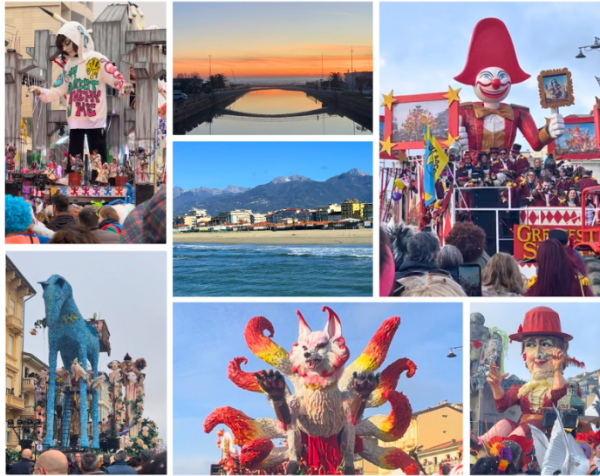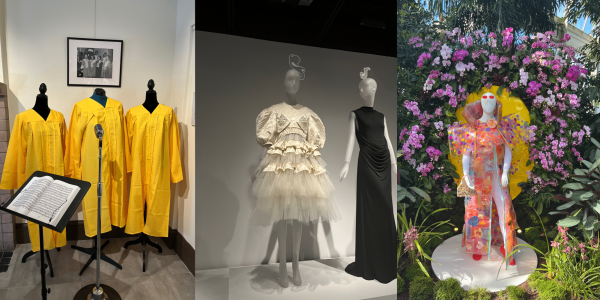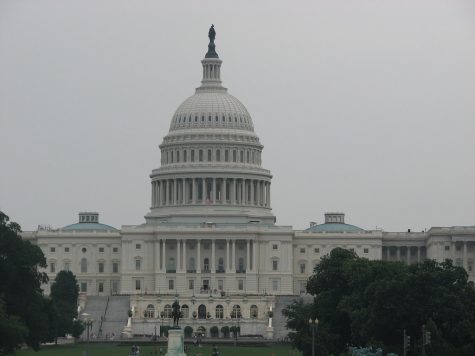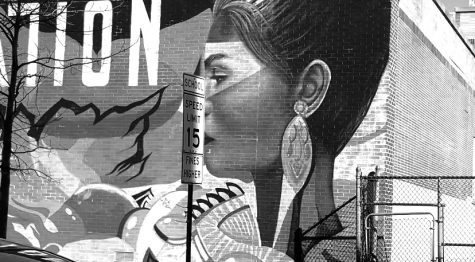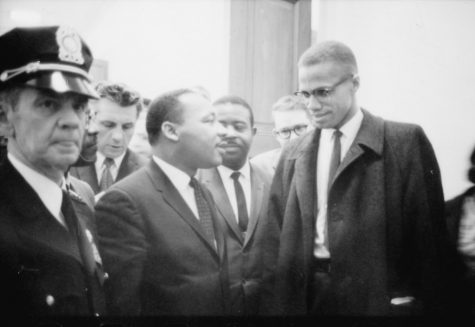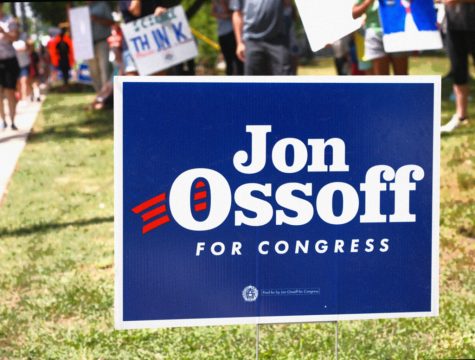Tokyo 2020 Olympics Facing Major Issues with Copyright and Budget
September 22, 2015
Japan’s goal to show the world of its revival by hosting the 2020 Olympics has fell into ruins. The logo for the 2020 Olympics was withdrawn due to allegations of plagiarism, followed by Prime Minister Shinzo Abe’s decision in July to drop a gargantuan national stadium design due to public anger over the price of the stadium, and reduce the budget by 155 billion yen (1.3 billion dollars). Japan’s embarrassments led the public to believe that Japan has yet to adapt with expectations of transparency and accountability of the 21st century. “Tokyo 2020 is so symbolic of their lagging behind in globalization,” said Nancy Snow, a professor emeritus in communications at California State University at Fullerton. The Yomiuri news company and many other news companies who always used to praise the prime minister’s actions, claimed that this action was a big blunder. “The perception from outside is the Japanese are perfectionists and are very good planners. They run a tight ship. This is the leakiest ship,” said Snow, who is writing a book about Japan’s branding efforts.
The last Tokyo Olympics in 1964 were praised as a great success by many. Reports claim that Kenjiro Sano, the creator of the controversial plagiarized logo, also faced allegations against his design for a zoo and museum for closely resembling other artist’s published works. The hopes for the stadium to be completed by 2019 and be used for the rugby World Cup as initially promised were completely shattered. Given the shortages of all resources including workers, builders will be struggling to meet the revised deadline of January 2020 set by the international Olympic committee.” New proposals for the stadium, which will seat 68,000 instead of the original 80,000 and lack air conditioning and the roof included in architect Zaha Hadid’s original plan, face a Nov. 16 deadline,” said Elaine Kurtenbach. The 1964 Olympics held in Tokyo symbolized Japan’s rebirth as an industrial power from the ruins of the country’s defeat in world war II. Many residents were relocated to make way for sport venues. Public complaints were muted for the sake of the country’s pride. Today, Japan’s image is on the line.



